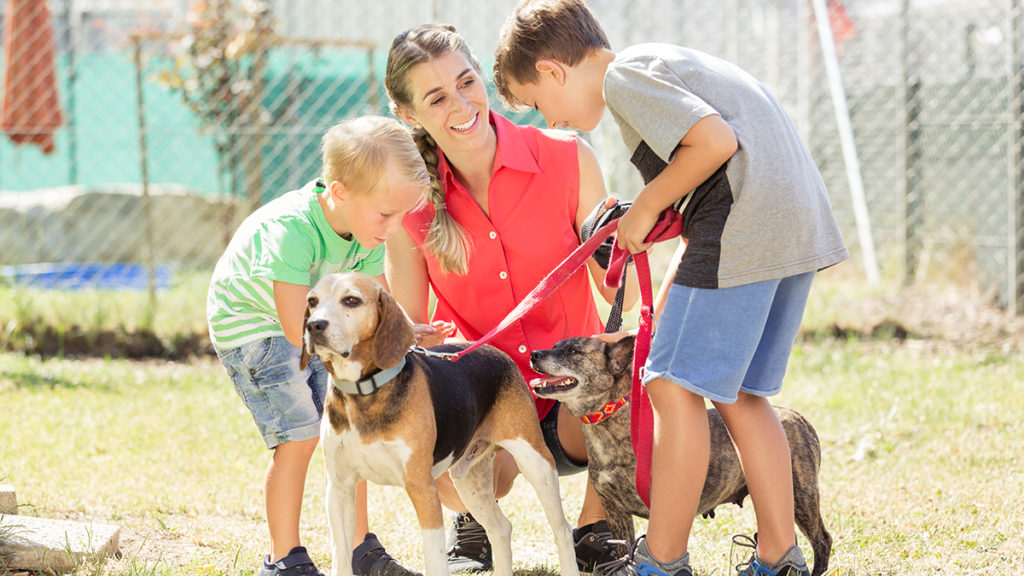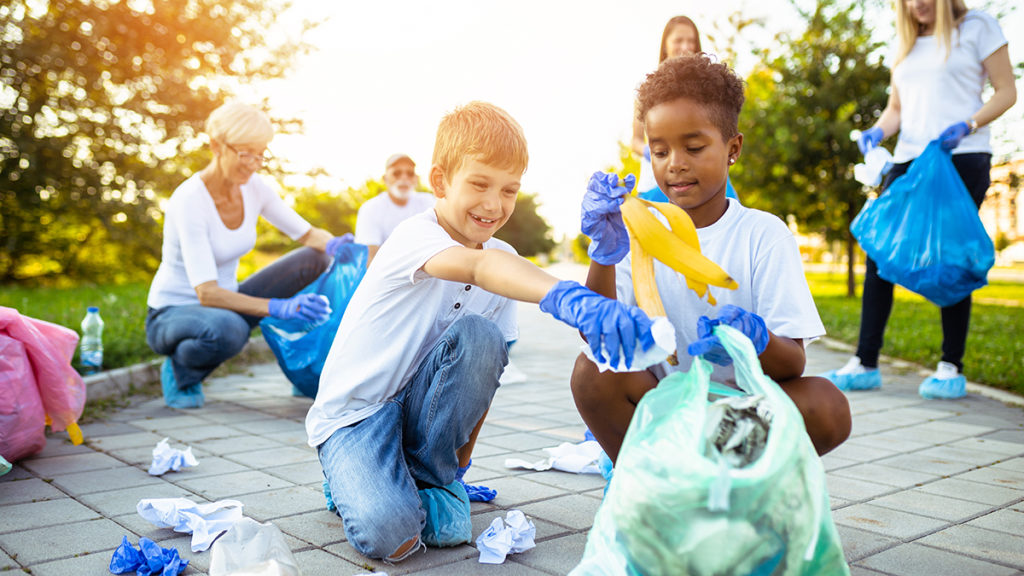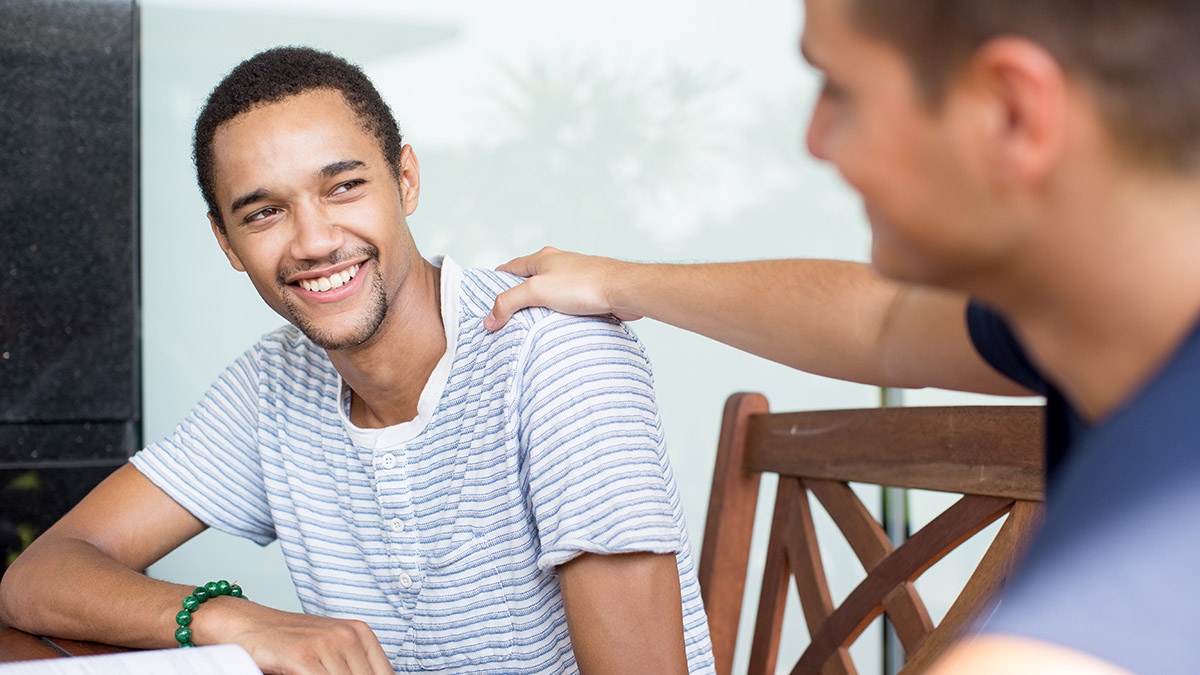
From buying a coffee for the person in line behind you to picking up litter at your local park, small acts of kindness can be just as meaningful as grand gestures. Sure, it can be easy to get caught up in the busyness of everyday life, but being able to spot opportunities to do something nice for someone else can have a positive impact on yourself and others.
Performing random acts of kindness any time of year can make a difference, but if you’re not sure where — or when — to start, might we suggest Random Acts of Kindness Week, which this year is celebrated from Feb. 11-17. The idea behind the week-long celebration is to encourage people to look outside themselves and do something helpful for their fellow man, and then to carry that spirit throughout the rest of the year, until we, as its tagline says, “make kindness the norm.” This random act of kindness can run the gamut, from complimenting a stranger to leaving inspirational notes around town to buying a gift for someone when they were least expecting it.
4 ways performing small acts of kindness is good for us (and those around us)
Being kind has a lot of benefits, both psychological and physical. Here are four ways that performing random acts of kindness can actually make us feel better, and make the world a better place.
1. Performing random acts of kindness boosts our mental health
When we do something kind for someone else, it naturally lifts our mood. “Not only do random acts of kindness help the receiver feel better, but they also help the giver feel better,” says Dr. Rachel Goldman, clinical psychologist and assistant clinical professor at the NYU Grossman School of Medicine. “Participating in simple acts of kindness without expecting anything in return stimulates the reward center of your brain and releases the feel-good hormones, serotonin and dopamine, as well as endorphins,” Goldman says.
2. Performing random acts of kindness improves our physical health
Exhibiting kindness is not just good for our minds but our bodies as well. When we consistently do things that put others before ourselves, it lowers our blood pressure and cortisol, a hormone that directly impacts stress levels. Evidence also shows that being kind contributes to our sense of community and belonging, and that, in turn, can lead to us living longer, healthier lives.
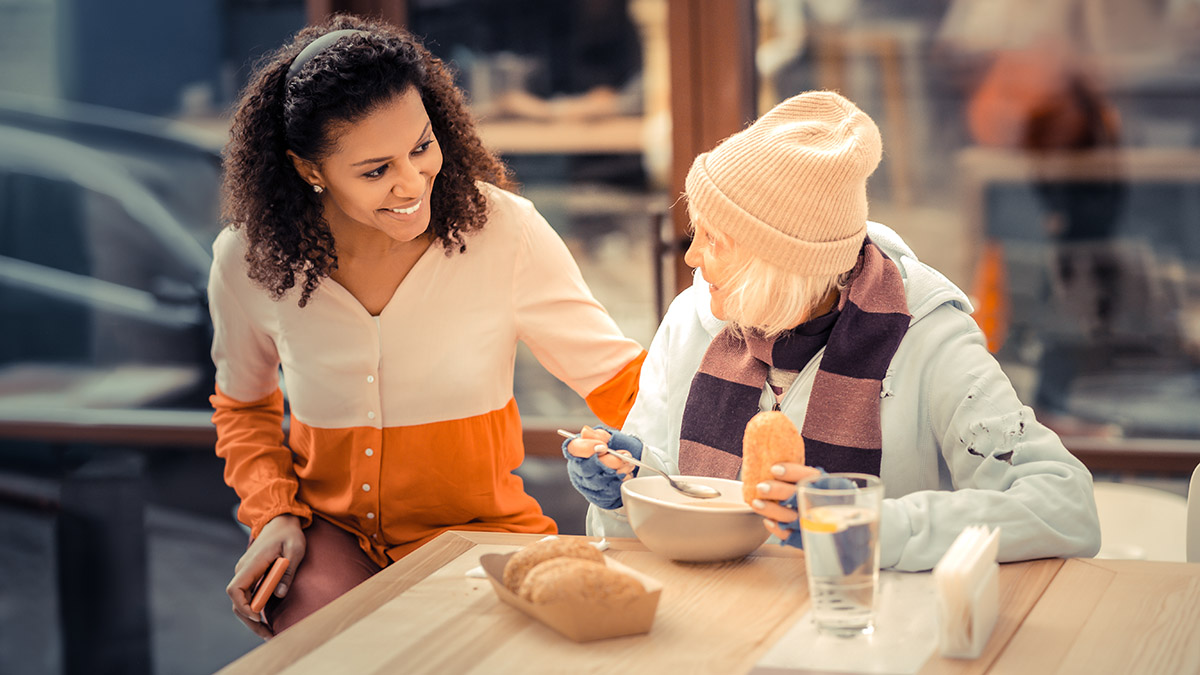
3. Performing random acts of kindness can make us feel more connected
Another unexpected power of performing random acts of kindness is that it can improve our social skills and broaden our social support system. When we express consideration for others, it can cause our bodies to increase production of oxytocin, a hormone that enhances our feeling of connection to each other. “It can also increase one’s self-confidence and even self-worth, as well as their sense of belonging,” Goldman says.
4. Performing random acts of kindness helps spread good in the world
It’s clear that small gestures can brighten someone’s day, but it doesn’t have to end there: The impact of showing compassion can extend far beyond the act itself. When you perform a random act of kindness, you can inspire others — the recipient, those who may have witnessed it — to repeat your good deed, which in turn contributes to a more positive community.
Real random acts of kindness
The examples of random acts of kindness below were submitted through the “Random Acts of Cheryl’s” sweepstakes. These are just a few of the many selfless gestures that everyday people are making to help make the world a kinder, gentler place.
 "While in the checkout line at the grocery store, I noticed a young mother with three kids fumbling around in her purse. She then began taking items out of her cart because she did not have enough money to pay for everything. I told her I would pay for all her items. She embraced me with a warm hug of gratitude. It made me feel like I made a difference in the life of someone else.”
"While in the checkout line at the grocery store, I noticed a young mother with three kids fumbling around in her purse. She then began taking items out of her cart because she did not have enough money to pay for everything. I told her I would pay for all her items. She embraced me with a warm hug of gratitude. It made me feel like I made a difference in the life of someone else.”
- Julie B.
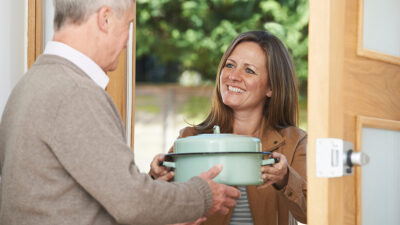 "Our family has had money troubles lately, but we have not talked about it with anyone, as we are embarrassed. Apparently, though, our neighbors noticed and on Thanksgiving Day they all got together and brought us a wonderful Thanksgiving dinner. I still tear up when I think about the kindness they all showed us.”
"Our family has had money troubles lately, but we have not talked about it with anyone, as we are embarrassed. Apparently, though, our neighbors noticed and on Thanksgiving Day they all got together and brought us a wonderful Thanksgiving dinner. I still tear up when I think about the kindness they all showed us.”
- Laura E.
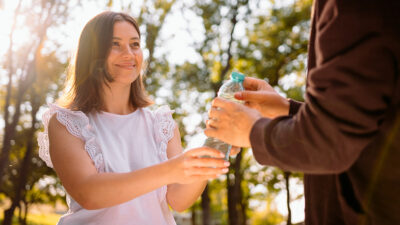 "My daughter saw a homeless man and felt bad for him, so she gave him a water. Now, once a week, we get a case of water and hand it out to our local homeless. It’s not much, but it makes both our days.”
"My daughter saw a homeless man and felt bad for him, so she gave him a water. Now, once a week, we get a case of water and hand it out to our local homeless. It’s not much, but it makes both our days.”
- Amber M.
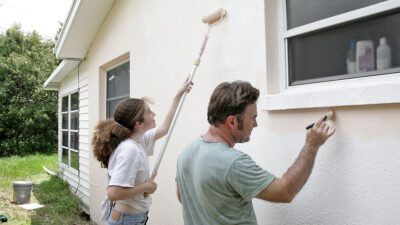
"Our next-door neighbor was going to paint his house. His wife was pregnant, and he was going to do it all by himself. I knew the family was not well off, so I bought the paint and supplies, and helped them paint the house. It took about four days, but we finally finished the job. They were so appreciative."
- Danny G.
25 ways to celebrate Random Acts of Kindness Week
Below is a list of random acts of kindness to help you spread smiles this Feb. 11-17, and throughout the year.
- Text a loved one that you’re thinking about them.
- Run an errand for a busy family member.
- Bring your doorman a hot cup of tea.
- Send a loved one a handwritten letter.
- Send someone flowers just because they’re on your mind.
- Let someone go in front of you at the checkout line.
- Volunteer at an animal shelter, food pantry, senior living center, etc.
- Bake cookies for your neighbor or local fire or police department.
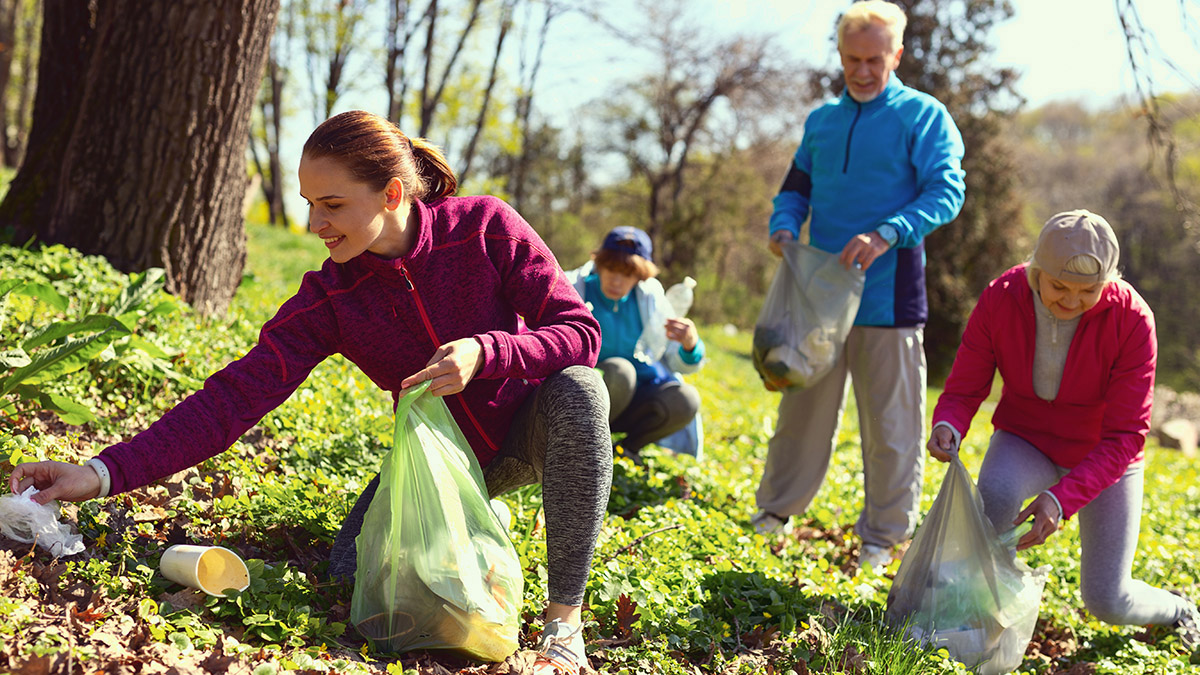
- Send a care package to a service member.
- Put coins in an expired parking meter.
- Give someone your seat on a crowded bus or train.
- Pay the toll for the car behind you.
- Return shopping carts at the grocery store.
- Pick up litter at your local park.
- Donate to a charity.
- Write your partner a list of things you love about them.
- Compliment a colleague to your boss.
- Shovel snow for an elderly neighbor.
- Rake your neighbor’s leaves.
- Write a thank you note to a teacher.
- Babysit for a busy parent for free.
- Leave a positive review for a business you love.
- Give an extra generous tip.
- Buy a hot meal for someone in need.
- Share a positive quote online.



